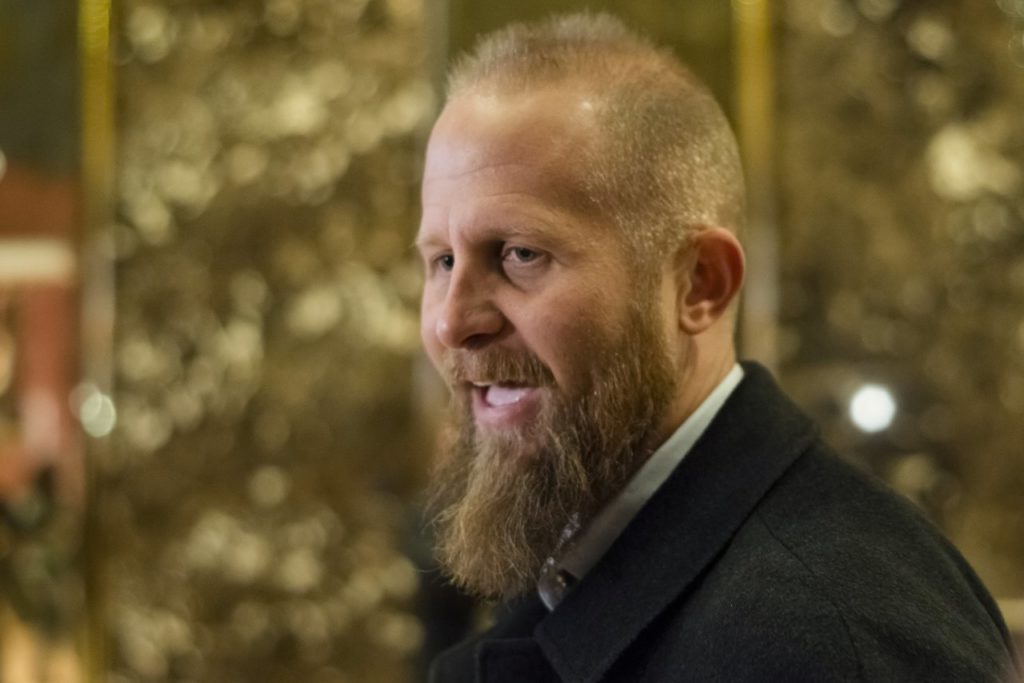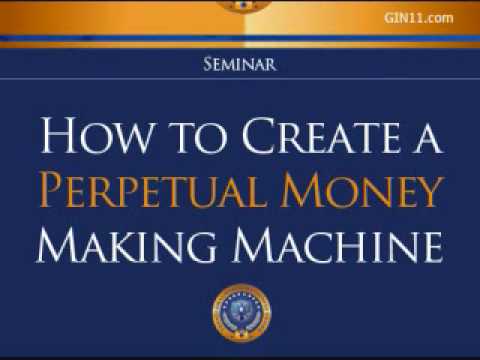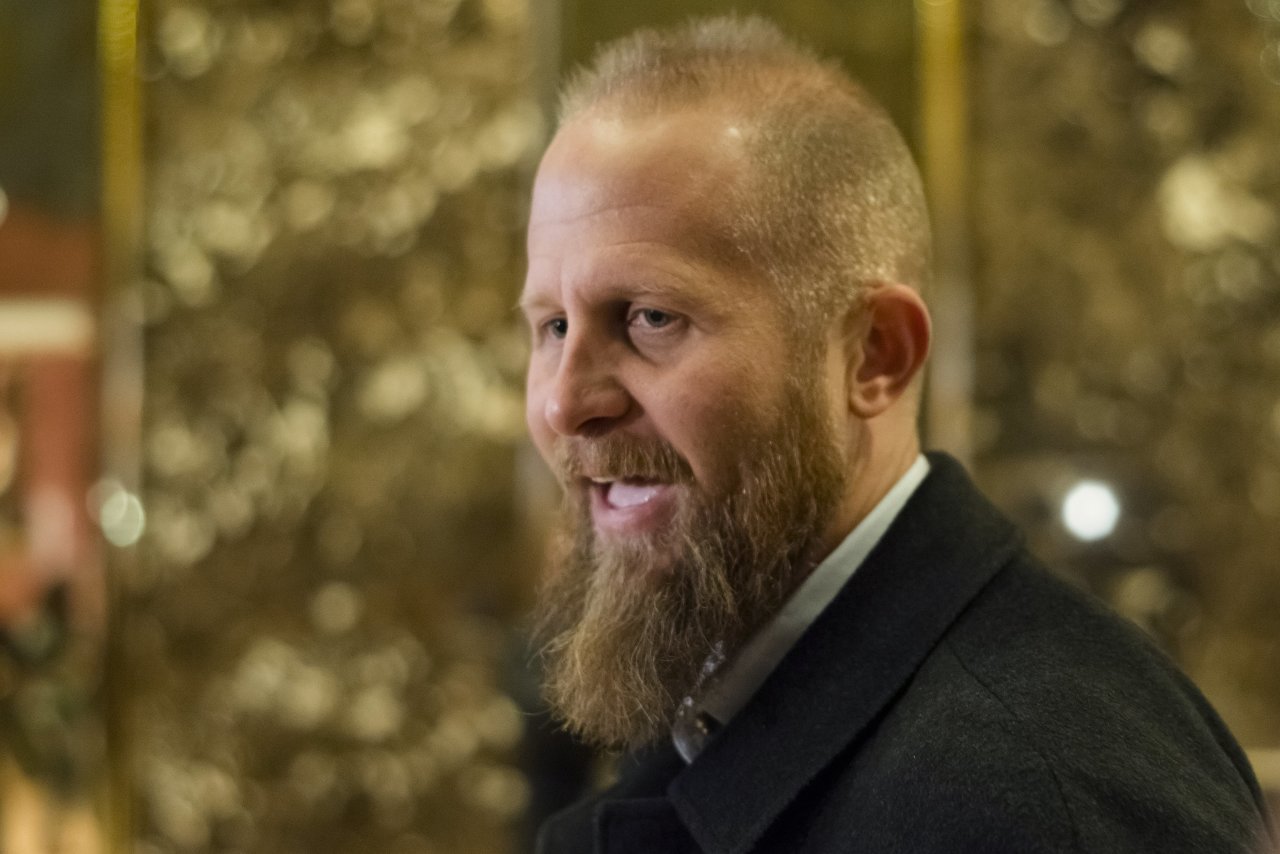Editor’s Note: This post ran as a newspaper column in November 2019. Parscale resigned from the board of the company on December 10th, according to a public company notice. I did an interview with Texas Public Radio about that development here.
The head of President Trump’s re-election campaign, Brad Parscale, serves on the board of – and owns rights to acquire a majority stake in – an odd penny stock company headquartered in San Antonio called Cloud Commerce. The company publicly filed its intention on October 31, 2019 to raise up to $20 million through issuing preferred stock.
It’s clear from public company filings that Cloud Commerce needs this money. The firm has consistently lost money every single year since at least 2012, when current management took over. It’s less clear why anyone would give them money.

To state the obvious, successful companies fund themselves through ordinary revenues and, hopefully, profits. But it’s hard to maintain a company like Cloud Commerce afloat when it loses money year after year. You have to resort to either borrowing money or issuing new shares. Cloud Commerce has gotten into a weird financing habit of doing both.
“Substantial Doubt” and “Going Concern” language
The company’s disclosures, in dry auditor-speak, use boiler-plate language which reflects the financial reality of Cloud Commerce.
In a recent quarterly filing dated November 14, 2019, the firm wrote
“The Company does not generate significant revenue, and has negative cash flows from operations, which raise substantial doubt about the Company’s ability to continue as a going concern.”
The company’s annual report filed April 15, 2019, states “We have experienced net losses and negative cash flows from operating activities, and we expect such losses and negative cash flows to continue in the foreseeable future.”
This doubt about the company’s continuation “as a going concern” due to lack of revenue and losses each year is repeated in year-end filings every year going back to 2012, when the current management team took over.

The company had net losses and negative cash flows and substantial doubt about its ability to continue as a going concern in 2017 when it purchased Parscale’s business, which raises the question of what advantage Parscale saw in the sale.
Parscale received rights to obtain a majority of the shares in the company when he and his San Antonio-based partner sold their web and design company to Cloud Commerce in August 2017.
Financing Through Convertible Debt
Before that, beginning in January 2016 and continuing right up until the week Cloud Commerce acquired Parscale’s business in July 2017, a primary source of working capital for the company appears to be loans from the company’s CFO, Greg Boden. Throughout 2016 Boden issued a series of loans worth a total of $1.1 million from an investment company he owns named Bountiful Capital LLC, to Cloud Commerce.
Between May and July 2017, Boden made seven more smaller loans to Cloud Commerce, in amounts ranging from $26,000 to $105,000.
All of that debt soon became a different financial instrument.
On the same day as the acquisition of Parscale’s company, Boden turned his total of $1.4425 million in loans into preferred shares that give him the right to convert into 144,250,000 common shares of Cloud Commerce.
If fully converted into common stock, the total amount of 144 million shares would exceed the amount of common shares outstanding in the company, currently 137 million. Conversion would make Boden the majority shareholder in the company.
Meanwhile, Parscale’s deal gave him the rights to own 225 million shares in Cloud Commerce. Those rights would make him the majority owner, if he chose.
Prior to that, an earlier transaction gave a different ownership group preferred shares with rights to own 450 million shares.
Are you confused yet? It appears three different groups have to right to exercise an option to own a majority of Cloud Commerce.
In 2019, in the absence of sufficient revenue and profit, Cloud Commerce has continued to fund itself through convertible debt.
Seven times between January and July 2019, the company borrowed money at 10% annual interest, with the lender’s option to purchase new shares at a 39% discount to average market prices, six months later. So if the stock traded at an average of 0.01, the lender could convert the debt into shares at $0.0069. As of this writing, the company borrowed $397,000 this way in 2019. Public filings do not name the lender on the convertible notes between January and July 2019.
If you squint your eyes a bit, these convertible notes represent a kind of financial magic for the lender. The game here is that the lender gets to convert the loan into common shares at a deep discount to the stock’s market price.

When you can buy something seemingly worth a dollar for just 69 cents, then in the finance world you want to do that type of transaction all day long.
But to be clear, this is not a normal public company transaction.
Normal public companies sometimes do issue new shares at a slight discount to current market prices, such as 5%, to preferred investors, for strategic reasons. Normal companies do not, however, issue shares at a 39% discount to market prices.
From the perspective of a normal existing shareholder in a public company, a company issuing shares at a 39% discount to market value would be bizarre and wealth-destroying. If Cloud Commerce had any meaningful outside shareholders, they would howl at the unfairness of new share issuance at a 39% discount.
This in itself is not illegal. But it is bizarre.
Of course, it would be extremely difficult to ‘cash out’ Cloud Commerce shares at $0.01, to earn that theoretical free money profit, when there aren’t any noticeable willing outside buyers. Daily volume in this stock does not usually exceed $750.
For insiders to profit, most penny stock schemes like this depend on a pump-and-dump mechanism. You know, issue a series of positive press releases to pump up hope among unsophisticated buyers who jump on board. These new buyers prop up the price long enough for insiders to dump their shares at a profit.
Who’s Zooming Who?
This brings us back to the great mystery of Cloud Commerce, and Trump campaign manager Brad Parscale’s willingness to get involved with them. What is the game here? As the late great Aretha Franklin once asked, “Who’s Zooming Who?”

If the general rule of strange penny stock companies like Cloud Commerce is that they are hotbeds of market manipulation and pump-and-dump schemes, we would kind of expect that the insiders would be looking to take advantage of outsiders. Issuing rights to create nearly a billion shares at around 0.01 over the past few years to insiders mostly just shuffles around who owns the company amongst the insiders.

Actually making money from share ownership would require outsiders to become interested in buying these shares. Whether for $0.01, or at whatever price. Failing that, you could try another scheme.
You could try for example to raise $20 million from credulous buyers, so that owning a majority of a $20 million shell company would actually be worth something.
From everything I’ve seen, President Trump’s campaign manager Brad Parscale hopes to profit from questionable tactics in order to fool a gullible public with the flim-flam illusion of a successful businessman and a profitable business.
In a related story, he’s also involved with a company called Cloud Commerce.
A version of this post ran in the San Antonio Express News and Houston Chronicle.
Please see related post:
Potemkin-finances of Trump Campaign Manager company
Recording My Thoughts on Trump, in Fall 2019
Post read (351) times.

